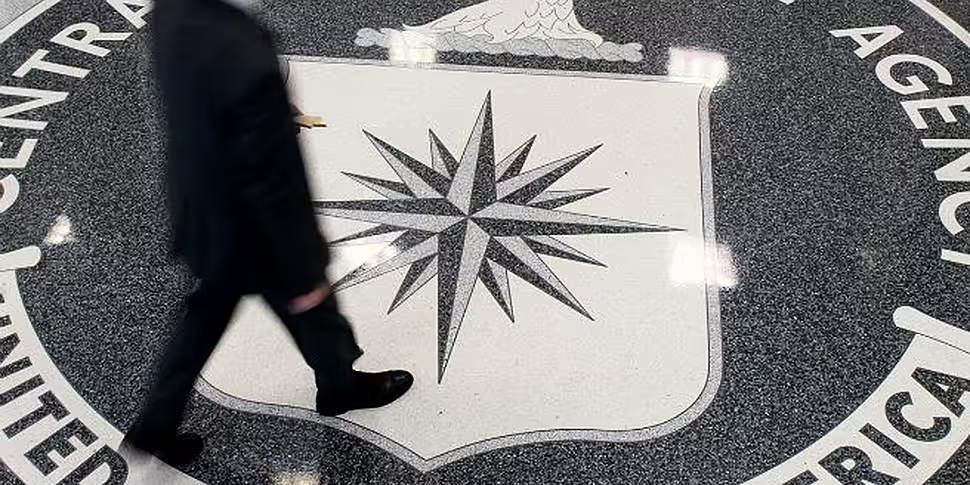Yesterday, the CIA’s twitter looked as if it had fallen foul of some Russian hackers when it posted a cryptic quote by Boris Pasternak, writer of Doctor Zhivago:
Я пиÑал роман Ð´Ð»Ñ Ñ‚Ð¾Ð³Ð¾, чтобы он был издан и прочитан и Ñто оÑтаётÑÑ ÐµÐ´Ð¸Ð½Ñтвенным моим желанием -ПаÑтернак
— CIA (@CIA) January 15, 2015
(The Russian translates into English as: I wrote the novel in order for it to be published and read, and that remains my only desire.)
The American intelligence agency quickly followed up the tweet with an explanation, shedding light on the US policy of smuggling texts that were considered seditious or subversive into the USSR during the cold war. Doctor Zhivago is one of them.
Books & periodicals were smuggled in by travelers & mailed in under the cover of various organizations. #Zhivago
— CIA (@CIA) January 15, 2015
Pasternak had been working on the novel for two decades, finally submitting it to Russian censors in 1956. Labelled as “malicious libel,” it failed to get state sponsorship.
Desperate to see it published, Pasternak passed a copy on acquaintances in England, France and Italy, who saw that it got published on the other side of the Iron Curtain. The novel went on to become a best seller, popular all over the world
Weeks after the Italian version of the book was published in 1957, it came to the CIA’s attention. A memo, reports The The New York Review of Books, went around the Rome bureau saying that Doctor Zhivago was “more important than any other literature which has yet to come out of the Soviet Bloc.”
CIA operatives set about hatching a plan to sneak the novel into the USSR; copies were given to sailors bound for the Soviet Bloc, while the CIA also funded the publication of copies destined for the Brussel World Expo of 1958.
The plan worked, with the novel surfacing in the USSR. A CIA memo said: “This phase can be considered completed successfully.”
As for Boris Pasternak, his novel’s entry into the USSR proved to be a mixed blessing; the work secured him the Noble Prize for Literature in 1958, which he was forced to renounce – the criticism levelled at him by Communist leaders left him fearing deportation.









